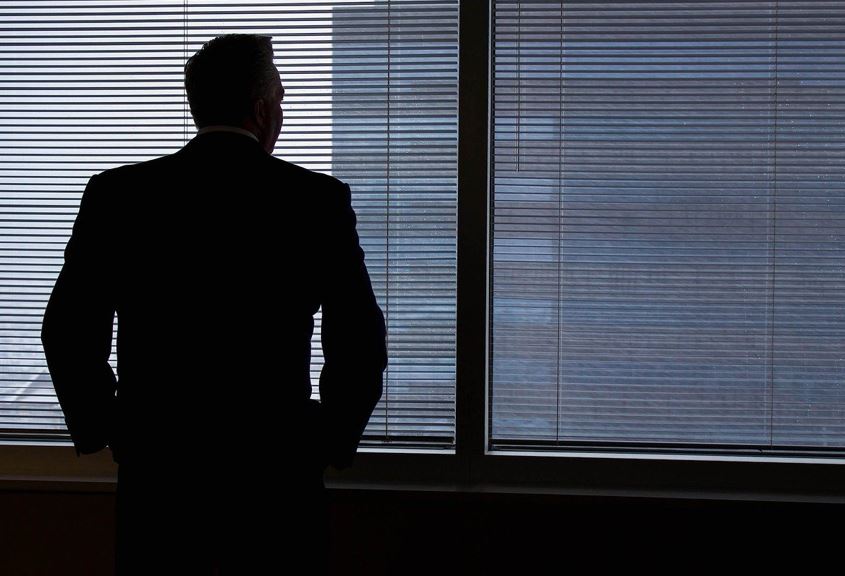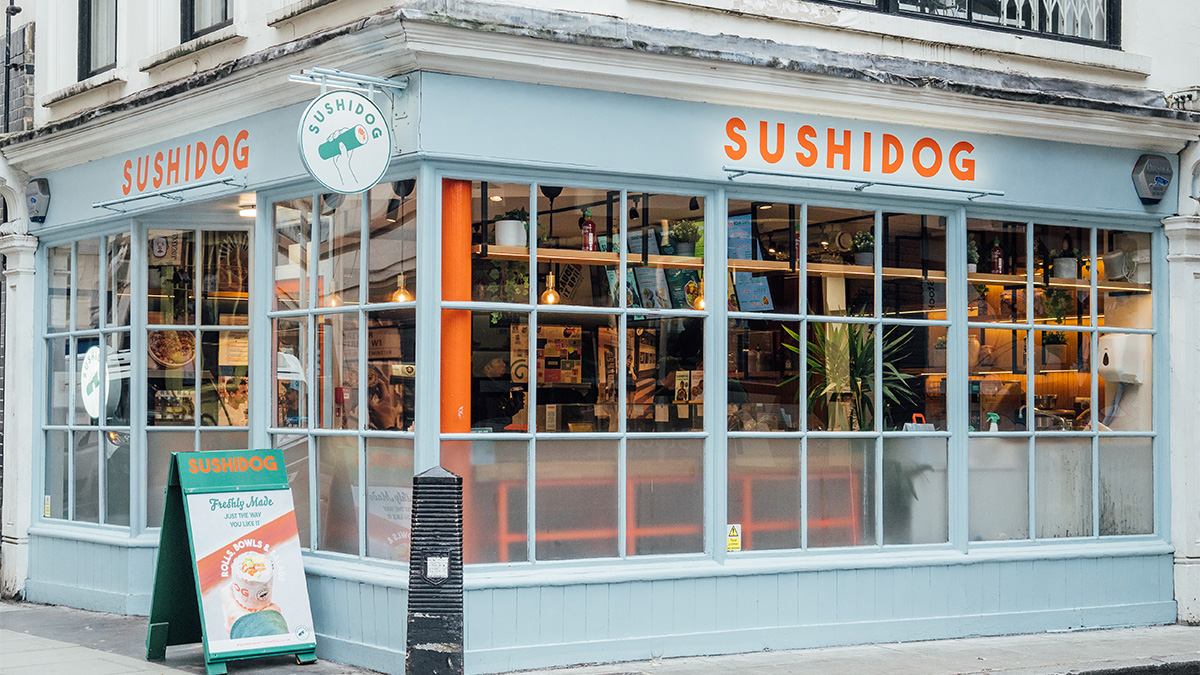Biggest businesses that went bust due to COVID-19

Despite entering the first lockdown over a year ago, the effect of COVID-19 on all aspects of UK life is still being felt. One area that is certainly feeling its adverse effects is the economy. Gross domestic product (GDP) declined by 9.9% in 2020, giving you an idea of the damage endured.
According to a recent Office for National Statistics Business Impacts of Coronavirus Survey, almost 15% of UK businesses are at risk of shutting their doors for good by the start of April too. However, some of the UK’s biggest businesses have already gone bust.
We’ve taken a closer look at them…
Arcadia Group
Sir Phillip Green’s Arcadia Group owns various major retail brands, including Topshop, Dorothy Perkins, Burton and Miss Selfridge.
However, the group went into administration on the 30th of November 2020. With 13,000 employees, 444 UK and 22 overseas stores, its collapse could have huge negative consequences across the retail sector.
Topshop, Topman and Miss Selfridge have since been acquired by UK online fashion retailer ASOS, although they will only sell these brands online.
For those who remember Sir Phillip Green, he previously oversaw the demise of British Home Stores (BHS) back in 2016.
Bertram Books
Norwich-based book wholesalers Bertram Books went into administration in June of last year, resulting in the majority of its 450 employees being made redundant.
Amazingly, the company was founded in a chicken shed all the way back in 1968. Its collapse demonstrates that the pandemic’s impact has been felt in all corners of the UK’s various industries.
BrightHouse
2400 jobs were put at risk when rent-to-own retail chain BrightHouse went into administration in March 2020.
The company had already announced plans to close 30 stores in February, an indication that finances were tight.
However, the first national lockdown caused the company to shut all 240 of their stores and it seems they will remain that way for the foreseeable future.
With the stores set to remain shut, all 2,400 BrightHouse employees will lose their jobs.
Debenhams
Debenhams was arguably the biggest UK business casualty of the pandemic. The 242-year-old department store chain announced the closing of its 124 stores at the end of 2020.
The company went into insolvency in April 2020 and had been looking for a buyer since the summer. However, JD Sports, the only bidders for the firm, pulled out of any potential deal after the collapse of Arcadia, putting 12,000 jobs at risk.
Harveys Furniture
Alteri Investors, the owners of the UK’s second-largest furniture retailer, Harveys Furniture, put the company into administration on the final day of June last year.
As a result, 240 of their 1,575 employees became redundant and 20 of their 105 stores were reportedly set to close.
Several administrators took control of the company, which has reported that they will continue to carry out existing orders and trade.
Oak Furnitureland
Oak Furnitureland barely managed to avoid collapsing back in June after it was sold to hedge fund Davidson Kempner.
Corporate finance firm Deloitte, who was hired as administrators, said the UK’s largest retailer of oak furniture had been struggling with difficult trading conditions caused by the coronavirus, but the purchase by Davidson Kempner managed to keep 1491 people in work.
Oliver Sweeney Trading
According to the CRR, the retail arm of the prestigious shoe company Oliver Sweeney Group fell into administration in mid-July 2020.
Their store locations included London’s Mayfair and Covent Garden, Leeds and Manchester. However, all seven of their stores will remain permanently closed.
Whilst the administration has halted their retail arm, their wholesale and online business is set to continue.
Peacocks and Jaegar
After Peacocks and Jaegar fell into administration in November 2020, 4,700 jobs were put at risk.
The fashion retailers, which are part of the Edinburgh Woolen Mill (EWM) Group, were unable to find a buyer within a 2-week deadline.
As a result, Jaegar’s 76 stores and concessions, and Peacocks’ 423 stores and 4,369 employees are all at risk, although no redundancies or store closures have been announced yet.
Mothercare
A staple on British high streets since its founding all the way back in 1961, Mothercare went from its peak of 150 stores in 2017 to bankrupt by 2020.
After undergoing a Company Voluntary Arrangement (CVA) restructuring in 2018, they were forced to shut several branches and fell into administration a year later.
Store numbers had declined to 79 by 2019 but COVID-19 was the final nail in the coffin for the company which has now shut for good after 59 years.
Victoria’s Secret
More than 800 jobs were put at risk when the UK arm of luxury lingerie retailer Victoria’s Secret went into administration in June 2020.
Thanks to the ongoing lockdown, all 25 of its UK stores are currently closed.
Whilst the stores wait to reopen, auditing firm Deloitte has taken administrative control of the company and they are currently searching for a buyer.
With the wrath of the pandemic still shaping the UK economy, keeping stores across the nation closed, it’s impossible to tell how many more redundancies, closures and collapses are yet to come.
Hopefully, the sectors that have been hit the hardest will begin to recover once lockdown measures become less restrictive.



